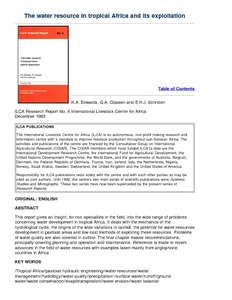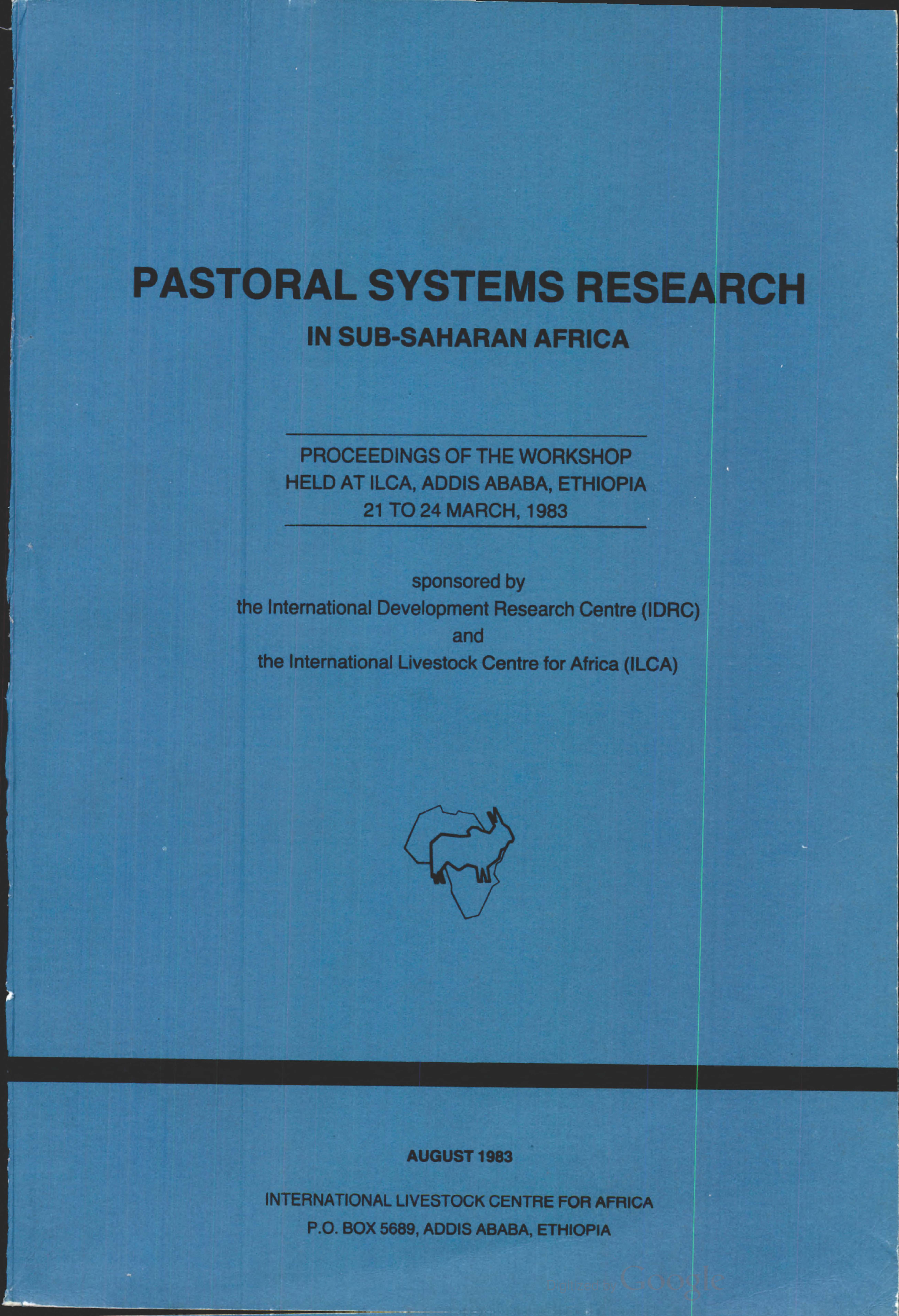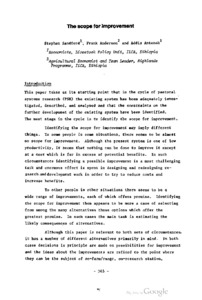CGIAR is the only worldwide partnership addressing agricultural research for development, whose work contributes to the global effort to tackle poverty, hunger and major nutrition imbalances, and environmental degradation.
It is carried out by 15 Centers, that are members of the CGIAR Consortium, in close collaboration with hundreds of partners, including national and regional research institutes, civil society organizations, academia, development organizations and the private sector.
The 15 Research Centers generate and disseminate knowledge, technologies, and policies for agricultural development through the CGIAR Research Programs. The CGIAR Fund provides reliable and predictable multi-year funding to enable research planning over the long term, resource allocation based on agreed priorities, and the timely and predictable disbursement of funds. The multi-donor trust fund finances research carried out by the Centers through the CGIAR Research Programs.
We have almost 10,000 scientists and staff in 96 countries, unparalleled research infrastructure and dynamic networks across the globe. Our collections of genetic resources are the most comprehensive in the world.
What we do
We collaborate with research and development partners to solve development problems. To fulfill our mission we:
- Identify significant global development problems that science can help solve
- Collect and organize knowledge related to these development problems
- Develop research programs to fill the knowledge gaps to solve these development problems
- Catalyze and lead putting research into practice, and policies and institutions into place, to solve these development problems
- Lead monitoring and evaluation, share the lessons we learn and best practices we discover;
- Conserve, evaluate and share genetic diversity
- Strengthen skills and knowledge in agricultural research for development around the world
Making a difference
We act in the interests of the world’s poorest and most vulnerable. Our track record spans four decades of research.
Our research accounted for US$673 million or just over 10 percent of the US$5.1 billion spent on agricultural research for development in 2010. The economic benefits run to billions of dollars. In Asia, the overall benefits of CGIAR research are estimated at US$10.8 billion a year for rice, US$2.5 billion for wheat and US$0.8 billion for maize.
It has often been cited that one dollar invested in CGIAR research results in about nine dollars in increased productivity in developing countries.
Sweeping reforms for the 21st century
Political, financial, technological and environmental changes reverberating around the globe mean that there are many opportunities to rejuvenate the shaky global food system. Developments in agricultural and environmental science, progress in government policies, and advances in our understanding of gender dynamics and nutrition open new avenues for producing more food and for making entrenched hunger and poverty history.
The sweeping reforms that brought in the CGIAR Consortium in 2010 mean we are primed to take advantage of these opportunities. We are eagerly tackling the ever more complex challenges in agricultural development. We are convinced that the science we do can make even more of a difference. To fulfill our goals we aim to secure US$1 billion in annual investments to fund the current CGIAR Research Programs.
CGIAR has embraced a new approach that brings together its strengths around the world and spurs new thinking about agricultural research for development, including innovative ways to pursue scientific work and the funding it requires. CGIAR is bringing donors together for better results and enabling scientists to focus more on the research through which they develop and deliver big ideas for big impact. As a result, CGIAR is more efficient and effective, and better positioned than ever before to meet the development challenges of the 21st century.
We are no longer the ‘Consultative Group on International Agricultural Research’. In 2008 we underwent a major transformation, to reflect this and yet retain our roots we are now known simply as CGIAR.
Members:
Resources
Displaying 12406 - 12410 of 12598The water resource in tropical Africa and its exploitation
Deals with water resource & its exploitation in tropical Africa from an engineering point of view, giving an insight into the wide range of problems in water development & providing general guidelines for future planning. Considers such issues as the mechanics of the hydrological cycle, the origins of wide variations in rainfall, the potential for water resources development in pastoral areas & low cost methods of exploiting these resources, & problems of water quality.
The importance of wealth effects on pastoral production: A rapid method of wealth ranking
Discusses the importance of wealth differences among producers in traditional pastoral production systems, describing a rapid method, dependent on informants, for determining the wealth rank of producers within a given community in order to stratify a population of producers before sampling.
The scope for improvement
Discusses the need for identifying sociological and economic possibilities for improvement in pastoral production systems, mentioning the major steps involved, particularly, identification of potential improvements, prediction of their likely impact on net production & quality of life; prediction of the probability of adoption; and assessment of the rapidity with which the improvements will bear fruit.
The development experience
Discusses pastoral systems research (PSR) within the framework of the experience of livestock and pastoral development in Africa during the last 50 years, analyzing data on livestock population & productivity in relation to the welfare of pastoralists; and examines previous efforts in pastoral development relevant to PSR approach.
Sarite cooperative ranch: Cattle growth and production characteristics 1981 and 1982
Analyzes statistically, results of weighings made on two cattle groups at the Sarite cooperative ranch in the southern rangelands of Ethiopia & used as a fattening area to determine effects of place of origin, herdsmen group and sex (bull or castrate) on initial liveweight, weight gain & performance of animals, their purchase & sales prices and profits realised and calculates optimum liveweights at purchase & sale to maximize profits. Includes recommendations on the basis of the results.






